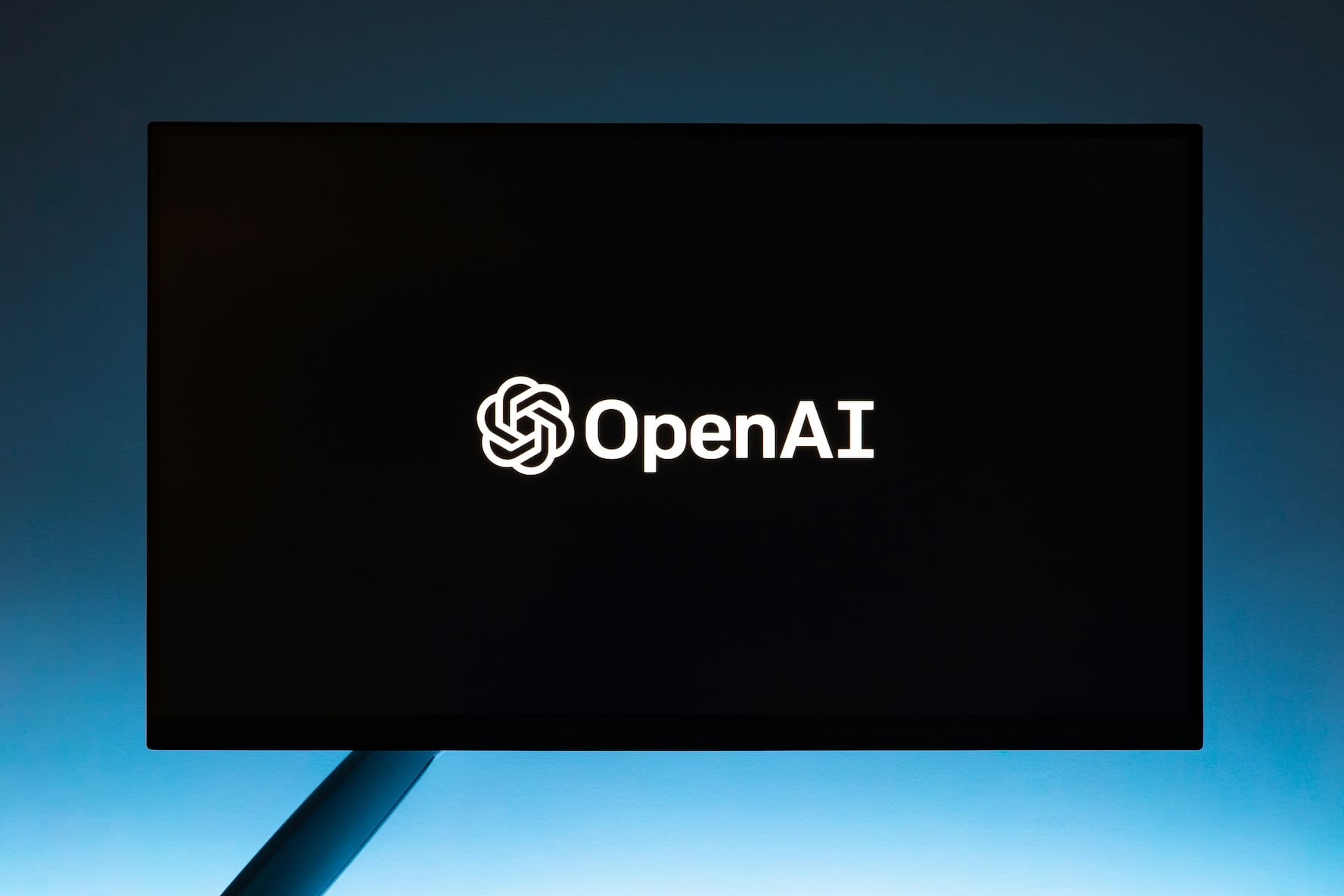The new feature allows Asian organizations to store data locally while using ChatGPT Enterprise, ChatGPT Edu, or the API platform, in compliance with legal privacy and technological sovereignty requirements.
OpenAI has taken a strategic step toward global regulatory compliance with the announcement of new data residency options in Asia, specifically in Japan, India, Singapore, and South Korea. This measure will allow businesses, academic institutions, and governments in the region to store data at rest within their own borders while utilizing artificial intelligence services such as ChatGPT Enterprise, ChatGPT Edu, and the API platform.
This functionality reinforces the set of enterprise features that OpenAI already offered in terms of privacy, security, and regulatory compliance, especially at a time when data sovereignty is a key requirement for the adoption of AI technologies in regulated markets.
What Does Data Residency Imply?
With data residency enabled, content generated or stored by ChatGPT users and the API is kept at rest in data centers located in the supported countries, which includes:
- Conversations with ChatGPT within business or educational environments.
- Uploaded files and queries related to text, image, or vision.
- Content generated by custom GPTs in Enterprise or Edu spaces.
- Data stored via new projects created in the API Platform.
For API customers, data residency is activated by creating a new project from the dashboard and selecting the corresponding country.
Enterprise-Level Security and Privacy Assurances
OpenAI emphasizes that this data residency feature is not an isolated measure, but a natural extension of its advanced security architecture, which includes:
- AES-256 encryption for data at rest and TLS 1.2 or higher for data in transit.
- Guarantee that models are not trained on user data without explicit consent.
- Compliance with standards such as GDPR, CCPA, CSA STAR, and SOC 2 Type 2.
- A Data Processing Addendum (DPA) that helps organizations meet their regulatory obligations.
The company underscores that data remains the exclusive property of the client, kept confidential and protected, even in highly sensitive environments such as academic or governmental.
Why is This News Relevant?
Data residency has become a key requirement in Asia, where several jurisdictions have enacted laws restricting data storage outside national borders. Governments like those of India and South Korea impose strict regulations for sectors such as healthcare, education, banking, and telecommunications.
By enabling this feature, OpenAI positions itself as a provider aligned with regional technological sovereignty demands, facilitating the integration of AI in large companies and local institutions.
Use Cases and Adoption
OpenAI is already collaborating with leading Asian organizations, such as Kakao, SoftBank, Grab, and Singapore Airlines, and this functionality is expected to accelerate the adoption of AI in critical sectors, including:
- Higher education (ChatGPT Edu with local residency)
- Tech startups using the API to build compliant products.
- Companies that demand full control over their data and transparency in its management.
Conclusion
The deployment of data residency in Asia marks an important milestone in the secure internationalization of artificial intelligence. OpenAI not only addresses local regulatory demands but also reinforces client trust in sensitive markets, laying the groundwork for a responsible, sovereign, and globally interoperable AI.
source: OpenAI

